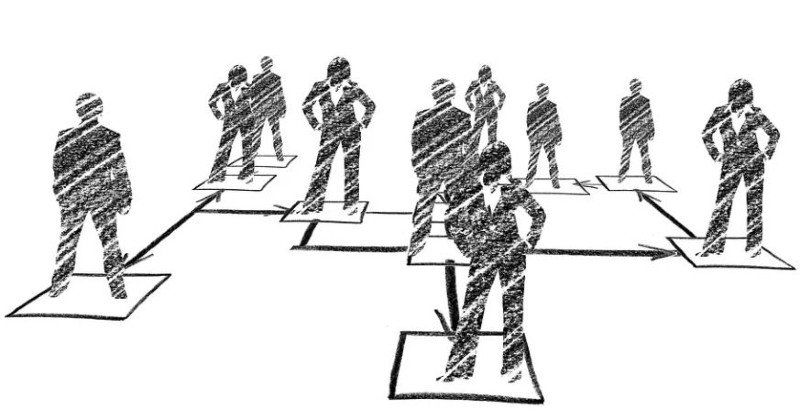Tips for Socializing Over Business in Japan
In Japan, meetings are conducted in a very organized and professional manner following a certain set of rules such as seating arrangements based on role and seniority. Participants are expected be conservative and very respectful to the members of the meeting, colleagues and counterparts alike.
But it doesn't stop there. In Japan, the official meeting is often followed by social activities, where personal relationships are forged. Not entirely different from Western culture, food and alcohol is also seen as a lubricant for social interactions in Japan. However, you'll want to make sure you are aware of any customs and unspoken rules when interacting with your Japanese colleagues to ensure you maintain respect and decorum while having fun.
Here are some customs to be aware of when interacting socially with business associates in Japan.
Align your shoes neatly
Many restaurants in Japan require removing your shoes upon entering, either at the entrance or upon entering a private "tatami" room for your party. When leaving your shoes at the main entrance, you would typically place your shoes in a special shoe locker or on a shelf, and change into slippers (provided by the establishment). When entering a room, or elevated "no shoes" area, you want to be sure not to just kick your shoes off and leave them in a heap. Proper etiquette would have you standing with your heels against the step and your toes pointing in the opposite direction (as they do). Not only does this keep things looking tidy, but also makes it easier for you to put them on when you are heading out.
Japanese people are always thinking ahead, exemplified by cars usually being backed into their spaces, looking uniform and making for a quick and easy exit later. So, when it comes to your shoes, you don't want to stand out as the untidy or unprepared sort. Japanese people will see this as a lack of intelligence and manners. So don't get off on the wrong foot when it comes to your business-related social interactions.
Keep the glasses full
While it's okay, in fact expected, to have fun and be a little more relaxed in situations where you are drinking and eating out with colleagues, you should still follow certain points of etiquette. For example, you should always be aware of other people's drinks. When sharing drinks from large bottles (something very social in itself), if someone's glass is empty, offer to pour them another drink and wait for your glass to be filled by someone else. Although this may sound easy, it can also become a battle for who gets to pour the boss their next drink. It's almost like a game to see who is paying attention, and if you're trying to impress a Japanese client or a business partner, it's considered a courtesy to pour them a drink and vise versa.
One thing to watch out for, though. It is considered disrespectful if the bottle runs out while pouring someone's drink, especially if that person is of a senior position. So, if the bottle looks to be running out, try to find one with enough to complete the task. This is one situation where being a "cup's half full" kind of person is not ideal.
Don't worry about a little noise when eating
In western cultures, it is considered rude to make noise when you eat. That is not the case in Japan. When you eat ramen for example, you are supposed to slurp your noodles. It is considered respectful to the people who make it to let them know it tastes good.
Another example is when you drink beer. After you take a sip of beer, it is good to follow your sip with an audible "aaaah" or a comment on how good the beer tastes (umai ne). This is considered to be a social norm and also communicates your willingness to conform with the people on your team.
Keep these tips in mind during the meeting after the business meeting, but don't forget to have fun and build personal relationships with your colleagues, clients, and business associates.









